We are registered NDIS providers!
Access teletherapy for your child at the click of a button! We provide assessment and intervention for babies and toddlers, right through to adolescents!
We are registered providers for therapeutic supports.
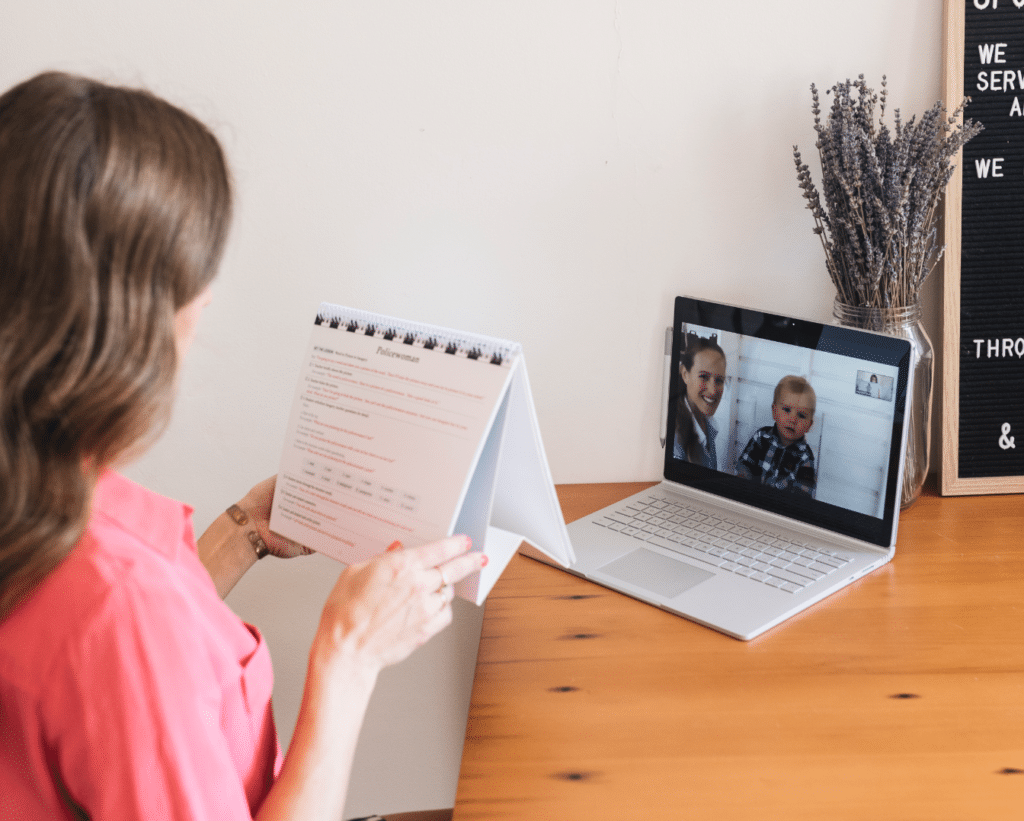
A late talker is a child who has an age-appropriate ability to understand, has good play and social communication skills, BUT…has a smaller amount of words in their vocabulary than expected for their age.
Language is different from speech. Language skills include:
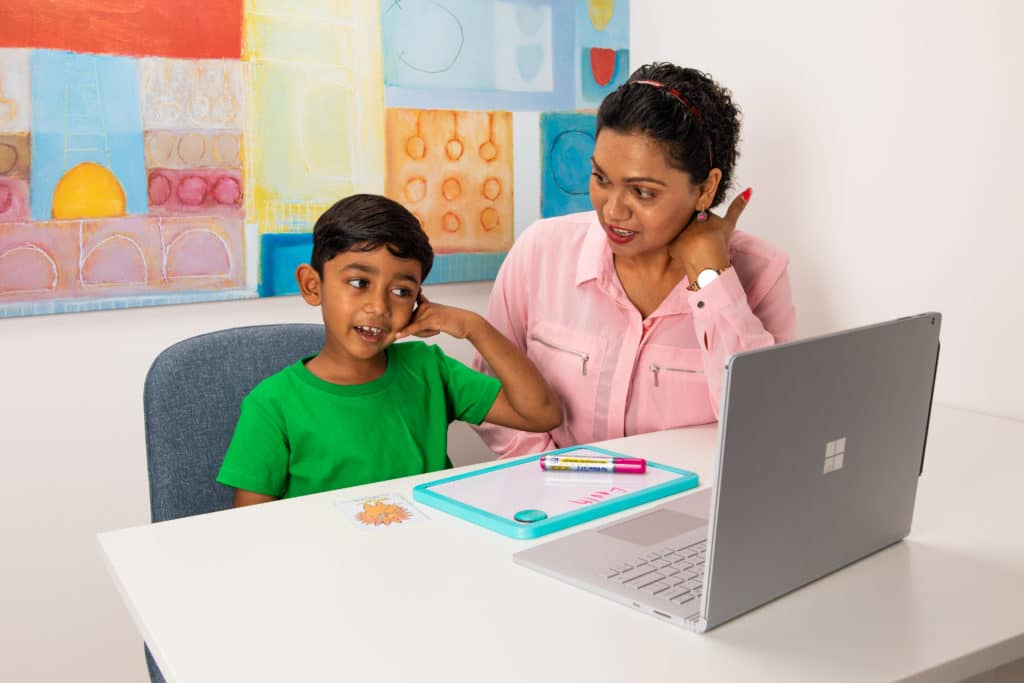
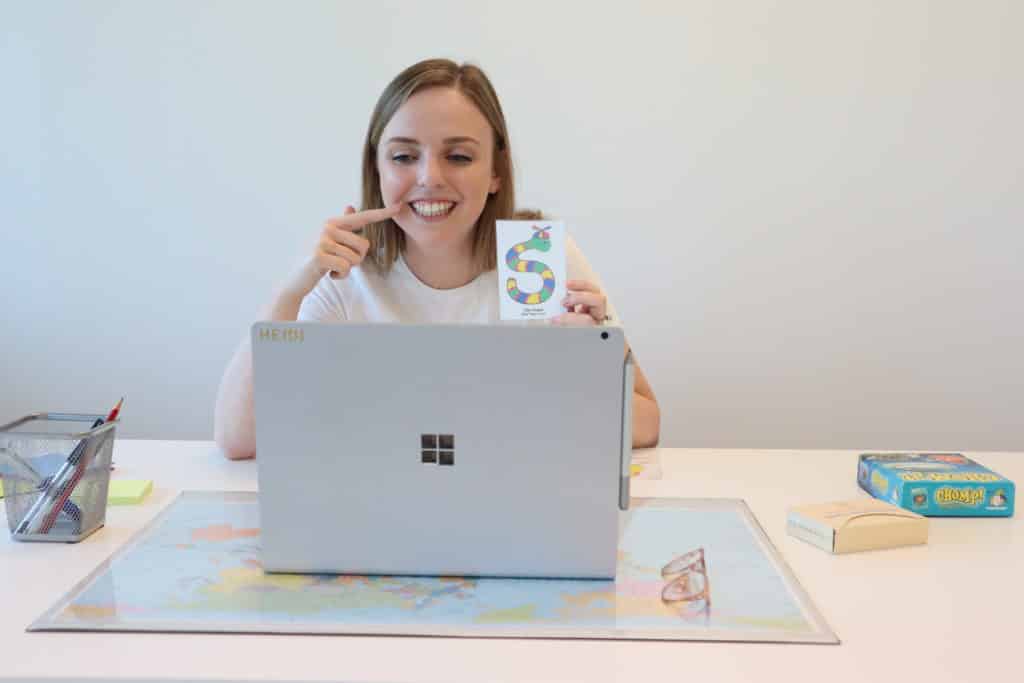
The ability to produce speech sounds.
We support speech sound delays and disorders by conducting assessments and therapy, all online! Difficulties may include producing a sound, or swapping one sound for another. We can identify these errors, and work towards clear and confident speech!
Down Syndrome is a congenital disorder caused by a chromosome defect. People with Down Syndrome may experience communication, literacy, social communication and/or swallowing difficulties.
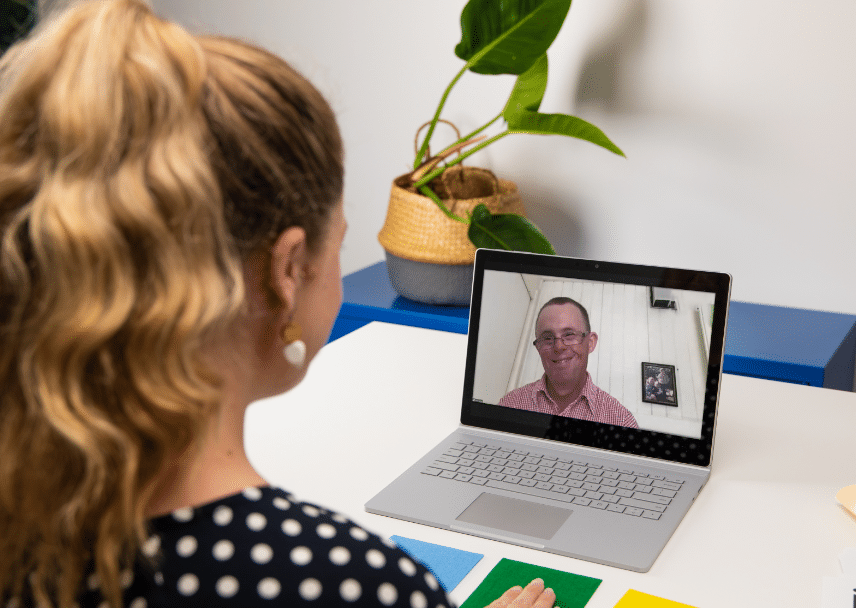
The ability to attend to a task and retain and manipulate information is more highly correlated with academic success than intelligence (IQ). Poor working memory can have an impact on performance in school/work.


Children who have restricted diets caused by picky eating habits. This can impact their ability to meet their nutritional needs.
Dysphagia encompasses difficulties with swallowing. Dysphagia can lead to; coughing, choking, or food and fluid ‘going down the wrong way’ (into the lungs).
At Pop we work with both children & adults with swallowing difficulties. We;
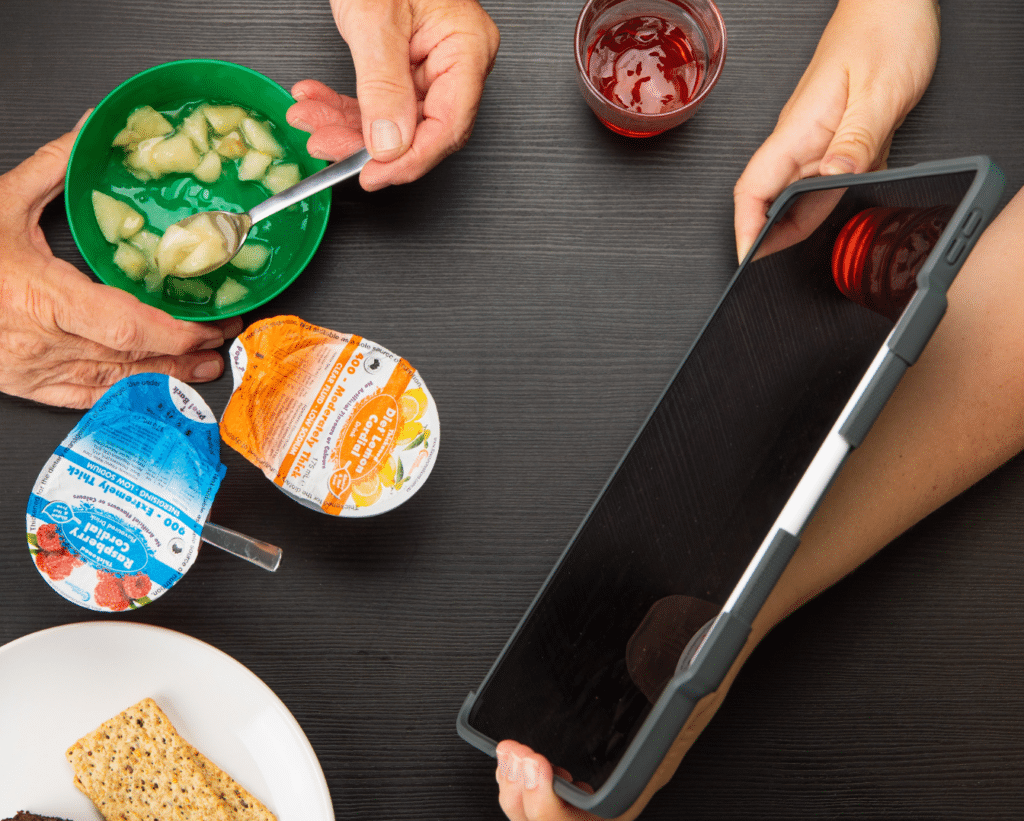

Stuttering is holding onto a sound, or repeating a sound, word or phrase, repeatedly, causing dysfluency in speech. It can also sound like someone is getting “stuck” on their words.
As for all of our services, early intervention can do amazing things for stuttering. However, it is never too late to work toward smoother speech!
Literacy encompasses reading, writing and spelling. It’s important to note that children with literacy difficulties often end up being adults with literacy difficulties. It is NEVER too late to improve your literacy skills.

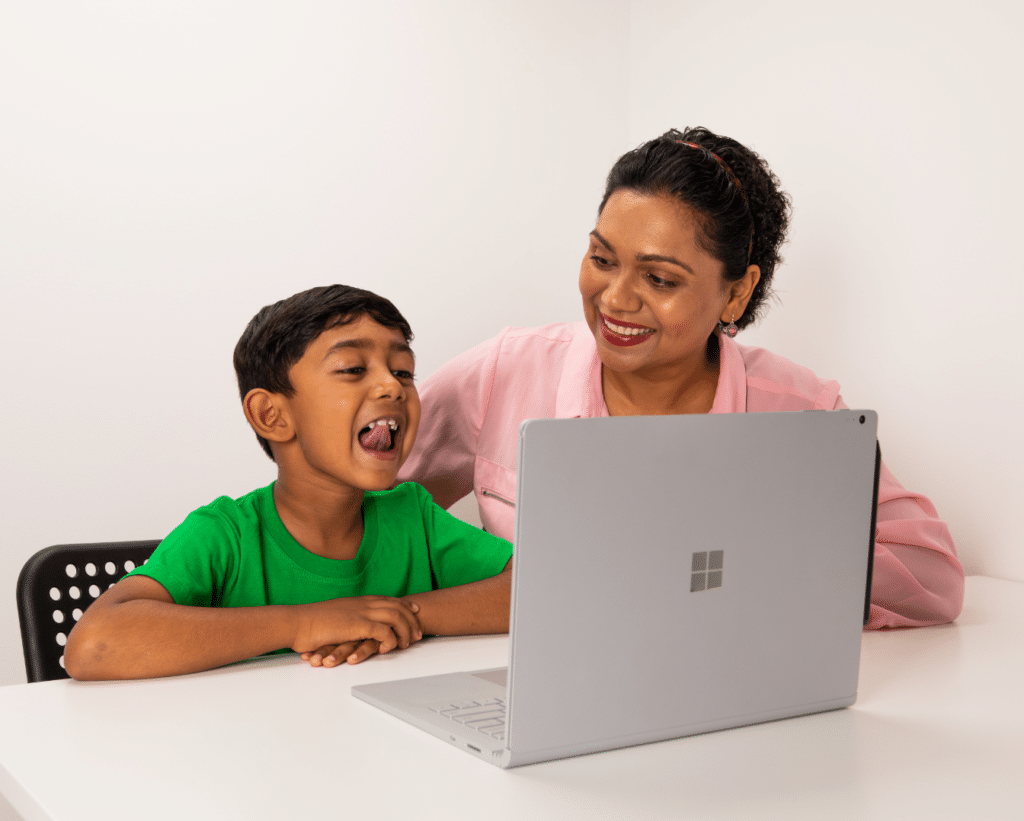
Tongue tie is when the frenum (the tissue under the tongue) inhibits the normal functions of the mouth and face. Tongue tie can lead to:
Voice is the ability to produce sound from your vocal folds (your voice box). If someone’s voice sounds different than others their age, or if it sounds different than usual, they may have a voice disorder. This happens for a number of reasons. If you think you might have a voice disorder, give us a call and we can book you in for a consultation.
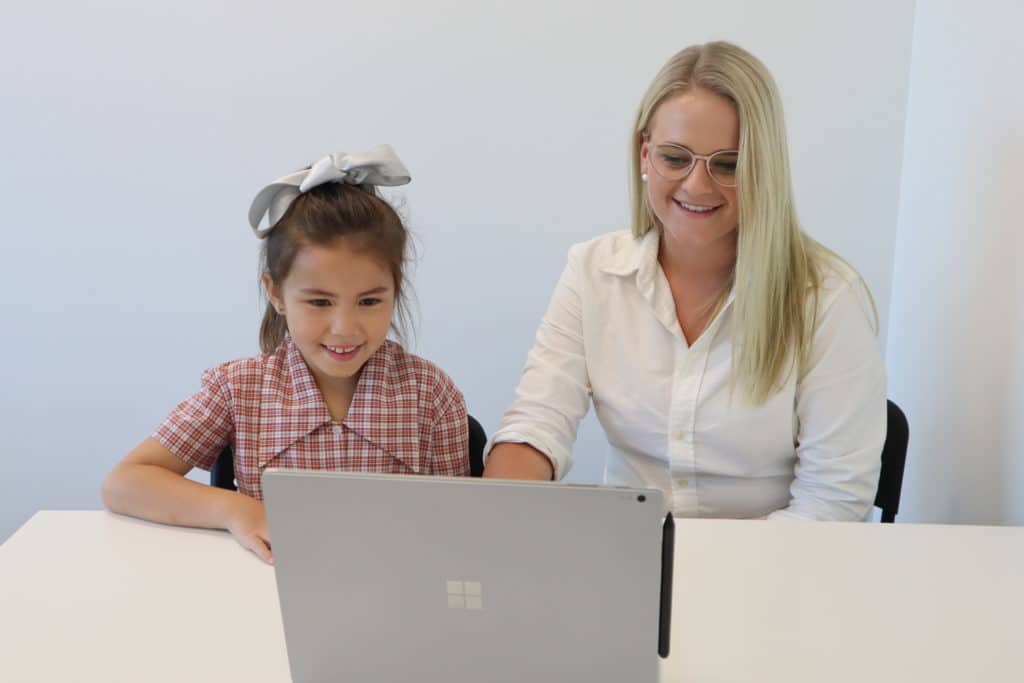
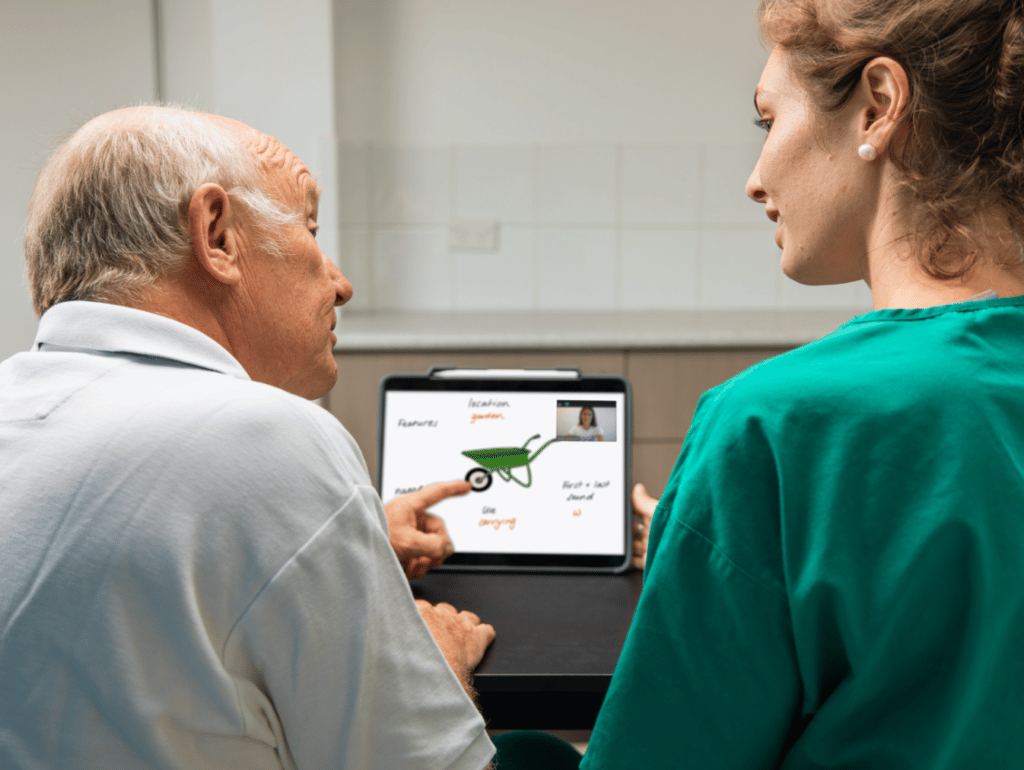
Damage to the brain after stroke can cause a number of difficulties, including difficulties with language, speech and higher order thinking. Each of these difficulties requires a different kind of rehabilitation therapy.
After leaving the hospital rehabilitation ward, many of our rural and regional clients are not able to access the day-clinic services that they need. That’s where we come in! Pop can provide rehabilitation therapies for people with;
We can do this all from the comfort of your own home!
Degenerative diseases is an umbrella term used to describe a disease that progresses, and unfortunately worsens over time. This includes MS, AS, Parkinson’s Disease, Dementia, Alzeihmers, and Huntingtons.
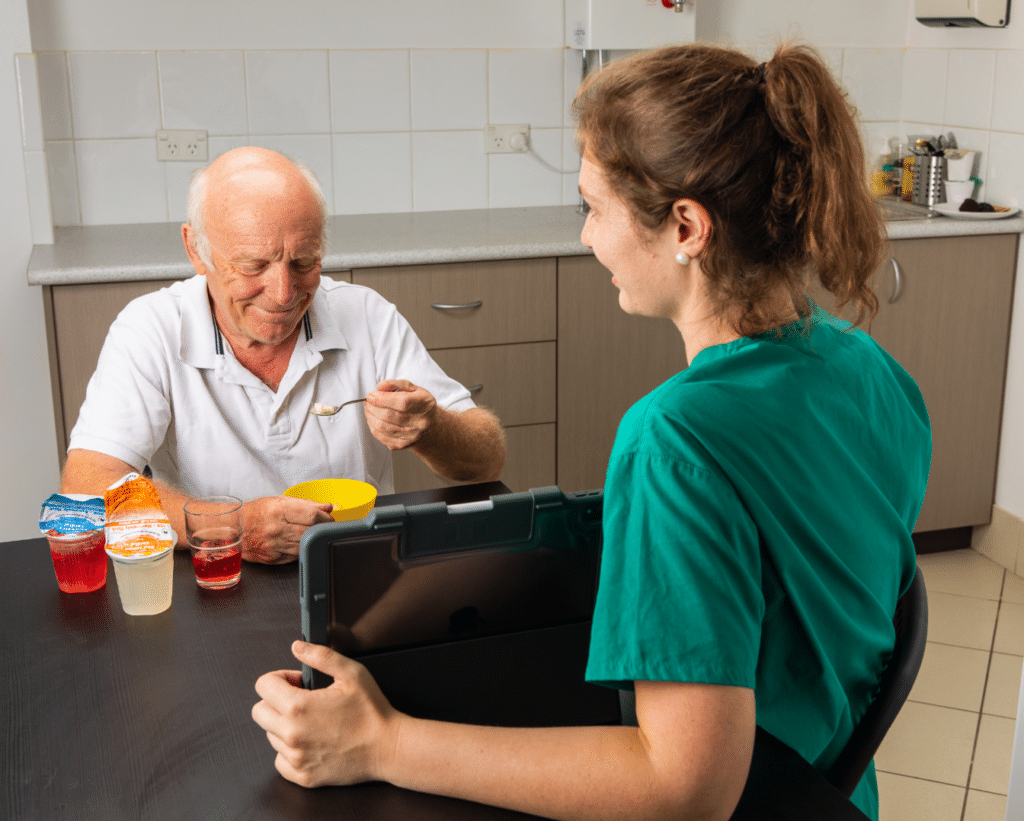
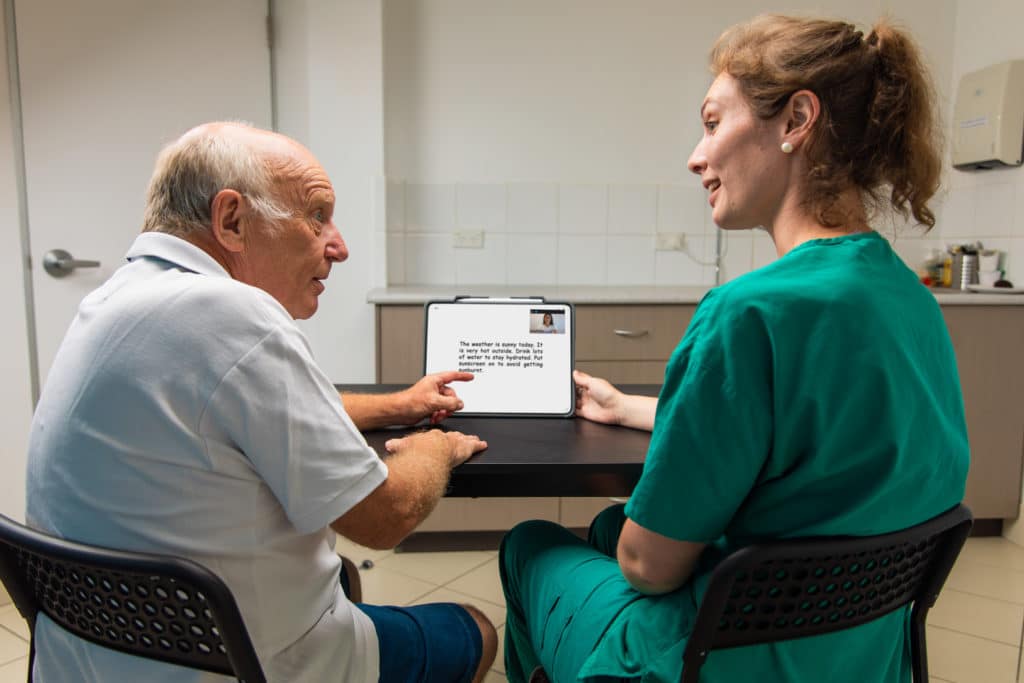
Brain injury is an umbrella term used to describe any sort of injury to the brain. This encompasses an injury from blunt force (i.e. Traumatic Brain Injury from accidents), seizures, stroke, Transient Ischemic Attack (TIA), infection, a lack of oxygen, or even tumour. Brain injuries can result in difficulties in:
At Pop, our experienced therapists provide evidence-based therapy targeted directly to the acquired difficulty. We also…
Often those with ASD have difficulty with; hitting their language and play-skills milestones, social communication, speech, language and/or literacy. But…ASD is different for everyone! This means that therapy needs to be tailored to the person with ASD, and take into account their strengths as well as their difficulties.
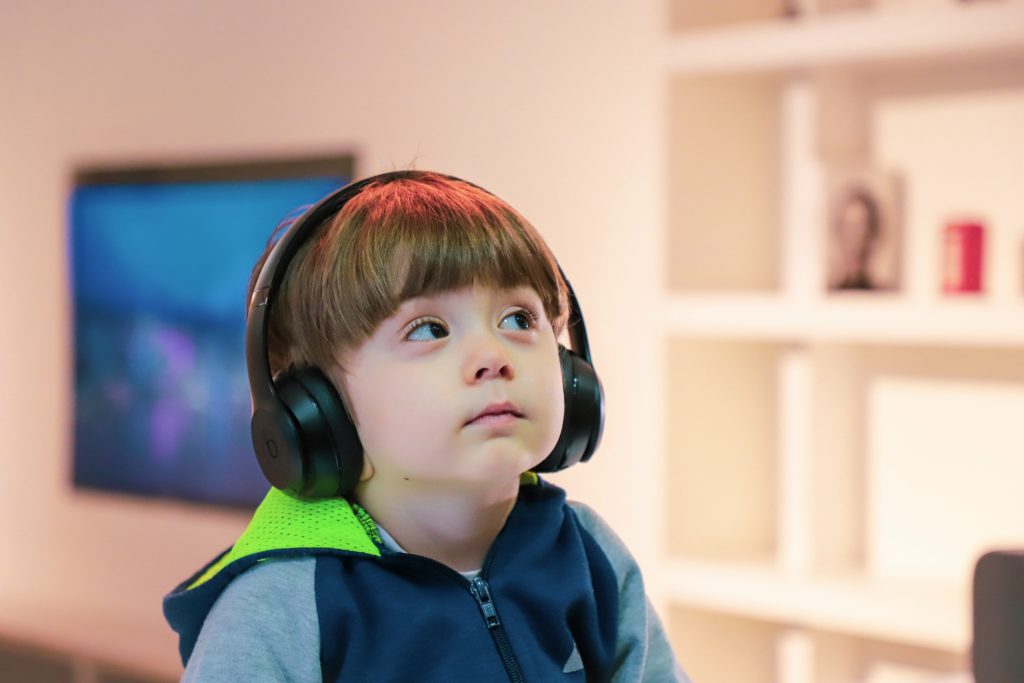
Skip the long waitlists — access Pop Online Speech Therapy by booking below!
Pop acknowledges and pays respect to the past and present Traditional Custodians and Elders of this nation and the continuation of cultural, spiritual and educational practices of Aboriginal and Torres Strait Islander peoples.
Book your free 15 minute consultation with one of our experienced Speech Therapists.
In this call, the Speech Therapist will:
When booking, please note:
Social Communication
What is it?
Social communication includes all the skills necessary to make and maintain friendships.
How we support social communication:
At Pop, our experienced therapists use evidence-based programs that involve fun social-stories, with embedded concepts such as;